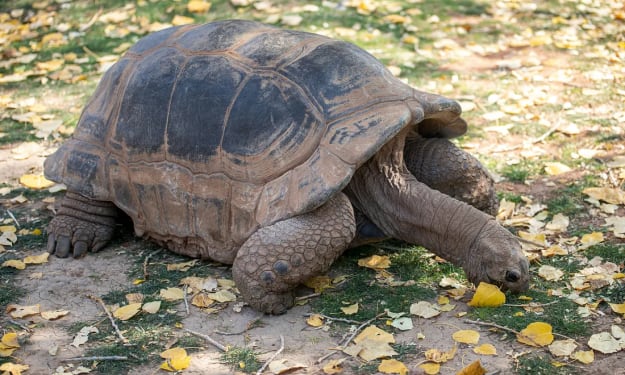The Science of Breaking Habits: Strategies for Positive Change
Why are some habits so hard to break?
Habits are something we all grapple with in our lives. It could be nail-biting, spending endless hours on our smartphones, or reaching for snacks when stress kicks in. We've all got our share of habits that we'd love to change. So, let's dive into the fascinating science behind habits and explore some practical strategies to break them, because we all want to grow and transform for the better.
Understanding the Nature of Habits
First things first, what are habits, really? Well, they're the things we do without even thinking. They're the behaviors that become a part of our routine, often triggered by specific cues or situations. These cues could be just about anything - from the environment we're in to the time of day or even our emotional state. Habits develop because our brains learn that doing these things comes with rewards, and one of the key players here is dopamine - that's the feel-good neurotransmitter in our brains. It's like a little reward we give ourselves every time we indulge in a habit. And guess what? Dopamine also plays a big role in rewiring our brains, strengthening those neural pathways, making those habits even harder to break.
The Brain's Role in Habit Formation
You know what's really fascinating? The fact that our brains are the architects of our habits. Over time, these habits become ingrained in our minds, and our brains associate them with specific cues. It's almost like our brains are on autopilot - we find ourselves doing these things even before we consciously realize it. It's all about these cue-behavior-reward loops that pretty much dictate our actions and decisions.
Not All Habits Are Bad
Here's a little secret - not all habits are evil! In fact, some of them are pretty darn useful. They're the ones that help us get through our daily routines efficiently, saving us precious time and mental energy. But, of course, we're not here to talk about the good habits. We're here to tackle the ones that no longer serve us.
The Challenge of Breaking Habits
Now, here's the kicker - breaking a habit isn't a walk in the park. These habits are deeply etched into our neural circuitry, making them stubborn little buggers to change. But, take heart! With a little understanding of how habits work and some effective strategies, we can turn the tide.
Strategies for Breaking Habits
-Identify Habit Cues: Step one is recognizing the cues that trigger your habit. These cues often tie back to specific environments or routines. Let's say you're stuck scrolling through your phone in bed - change up your bedtime routine to throw off that cue.
-Modify Your Environment: Sometimes, changing your surroundings or daily routine can be your secret weapon. A big life change like moving to a new place, starting a different job, or shaking up your daily schedule can disrupt those entrenched habits and open the door to healthier ones.
-Habit Reversal Training: This nifty psychological technique, cooked up back in the '70s, is all about swapping out a bad habit for a less harmful one. It's like a habit makeover. Dive deep into what triggers your habit, and then swoop in at the right moments to intervene. For instance, if work stress has you biting your nails, stash a fidget toy on your desk and reach for that instead.
-Be Patient and Kind to Yourself: Rome wasn't built in a day, and neither are habit changes. You might hit a few bumps in the road, and that's completely normal. Remember to be gentle with yourself, show some compassion, and keep in mind that change takes time.
-Celebrate Good Habits: While we often obsess over the bad habits, don't forget to give a shout-out to the good ones. Those positive habits that make your day smoother and more productive deserve a pat on the back too.
Conclusion
Habits are a fascinating part of human behavior. Understanding the science behind them is your ticket to breaking free from those unwanted habits. By identifying the cues, shaking up your environment, and using techniques like habit reversal training, you can kiss those bad habits goodbye. Just remember, it's a marathon, not a sprint. Be patient with yourself, and don't forget to celebrate the small victories along the way. Breaking habits isn't just about reaching a destination; it's a continuous journey toward becoming the best version of yourself.
About the Creator
Alex Bennett
I think a lot, and I enjoy learning more about and writing about the things I think about.
Enjoyed the story? Support the Creator.
Subscribe for free to receive all their stories in your feed. You could also pledge your support or give them a one-off tip, letting them know you appreciate their work.







Comments
There are no comments for this story
Be the first to respond and start the conversation.